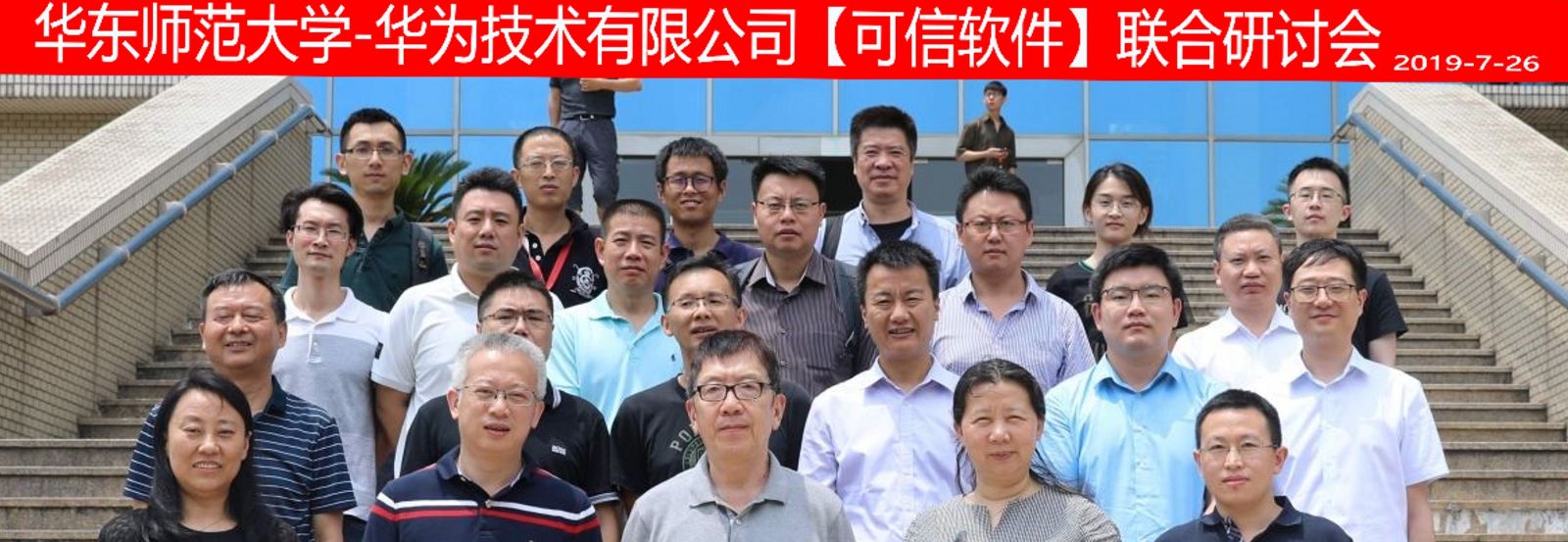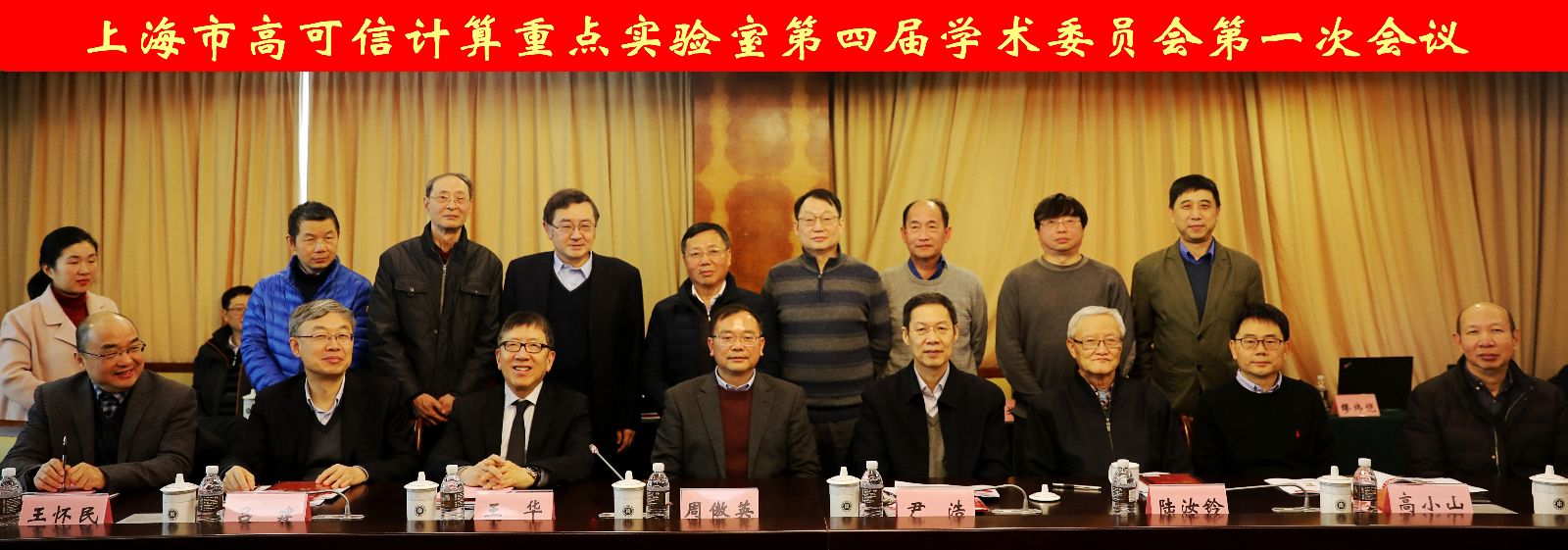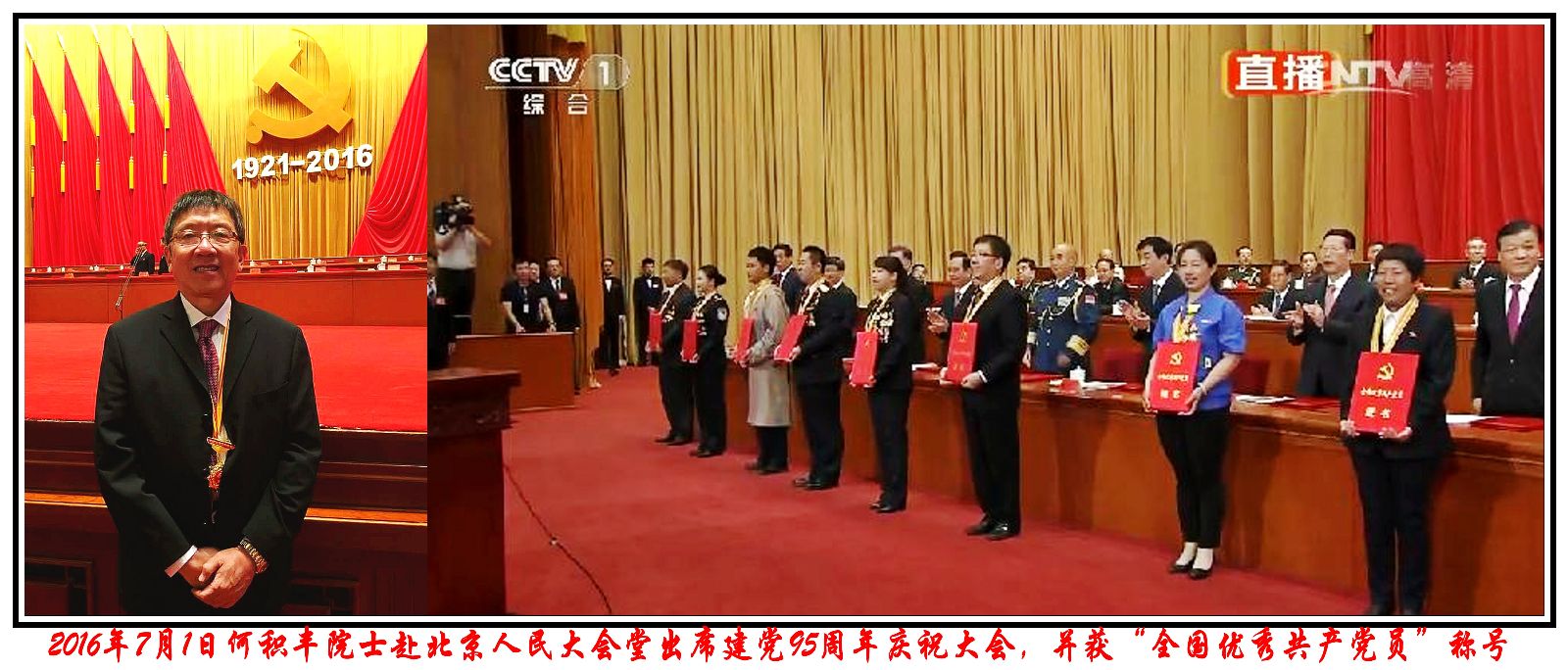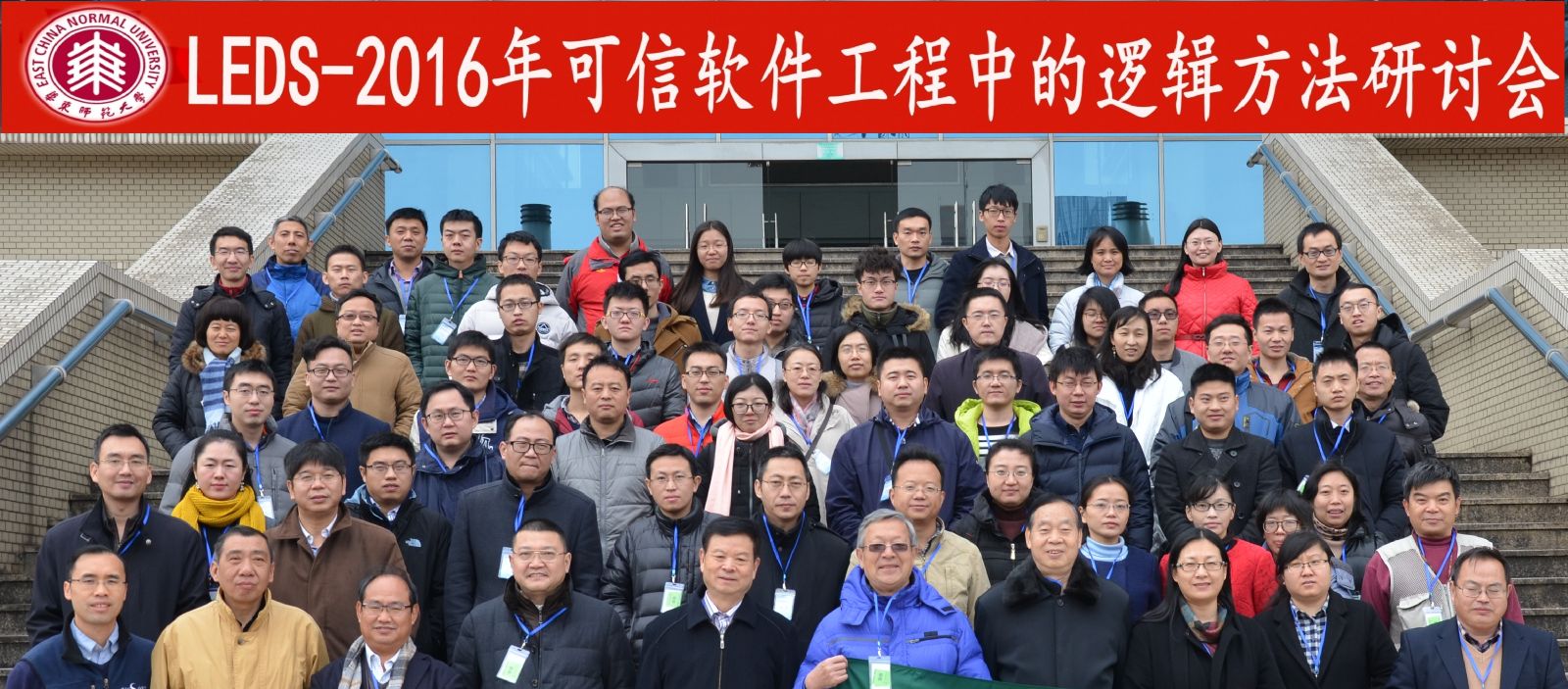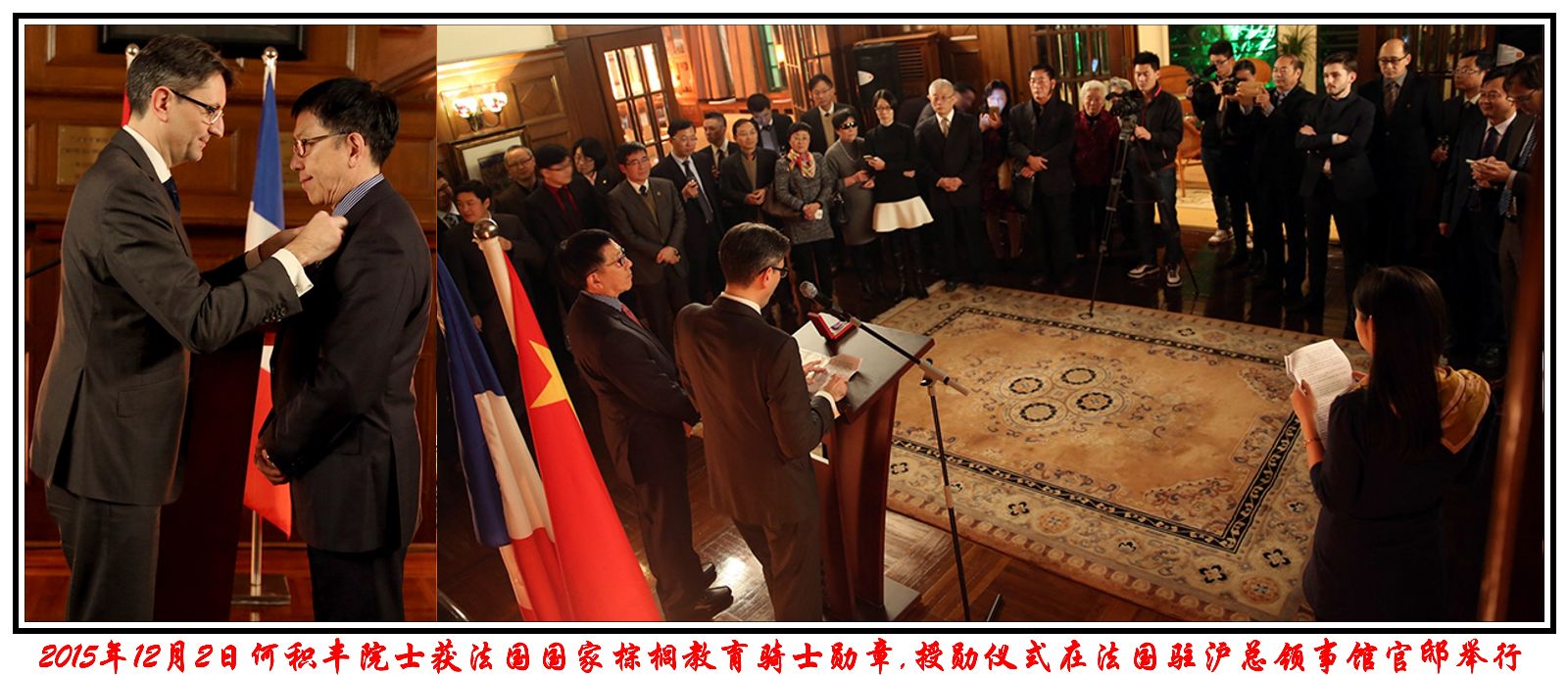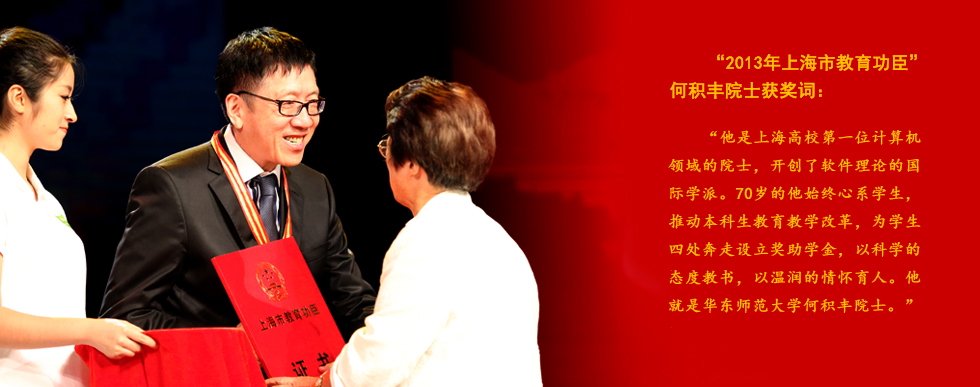A Logical Revolution
报告题目:A Logical Revolution
主讲人:Moshe Y. Vardi 教授(美国工程院院士、美国人文与科学院院士、欧洲科学院院士)
时间:2013年10月18日 10:00-11:00
地址:中山北路数学馆201室
报告摘要:
Mathematical logic was developed in an effort to provide formal foundations for mathematics. In this quest, which ultimately failed, logic begat computer science, yielding both computers and theoretical computer science.
But then logic turned out to be a disappointment as foundations for computer science, as almost all decision problems in logic are either undecidable or intractable.Starting from the mid 1970s, however, there has been a quiet revolution in logic in computer science, and problems that are theoretically undecidable or intractable were shown to be quite feasible in practice. This talk describes the rise, fall, and rise of logic in computer science, describing several modern applications of logic to computing, include databases, hardware design, and software engineering.
报告人简介:
Moshe Y. Vardi is the George Distinguish Service Professor at Rice University. He is a renowned expert in model checking, constraint satisfaction and database theory, common knowledge (logic), and theoretical computer science.with an h-index of 80, Vardi ranks in the top 40 researchers in his field worldwide. Now he is the Editor-in-Chief of the Communications of the ACM.
He is the co-recipient of three IBM Outstanding Innovation Awards, the ACM SIGACT Goedel Prize, the ACM Kanellakis Award, the ACM SIGMOD Codd Award, the Blaise Pascal Medal, the IEEE Computer Society Goode Award, the EATCS Distinguished Achievements Award, and the Southeastern Universities Research Association's Distinguished Scientist Award. He is a Fellow of the Association for Computing Machinery, the American Association for Artificial Intelligence, the American Association for the Advancement of Science, and the Institute for Electrical and Electronic Engineers. He is a member of the US National Academy of Engineering, the American Academy of Arts and Science, the European Academy of Science, and Academia Europea.

